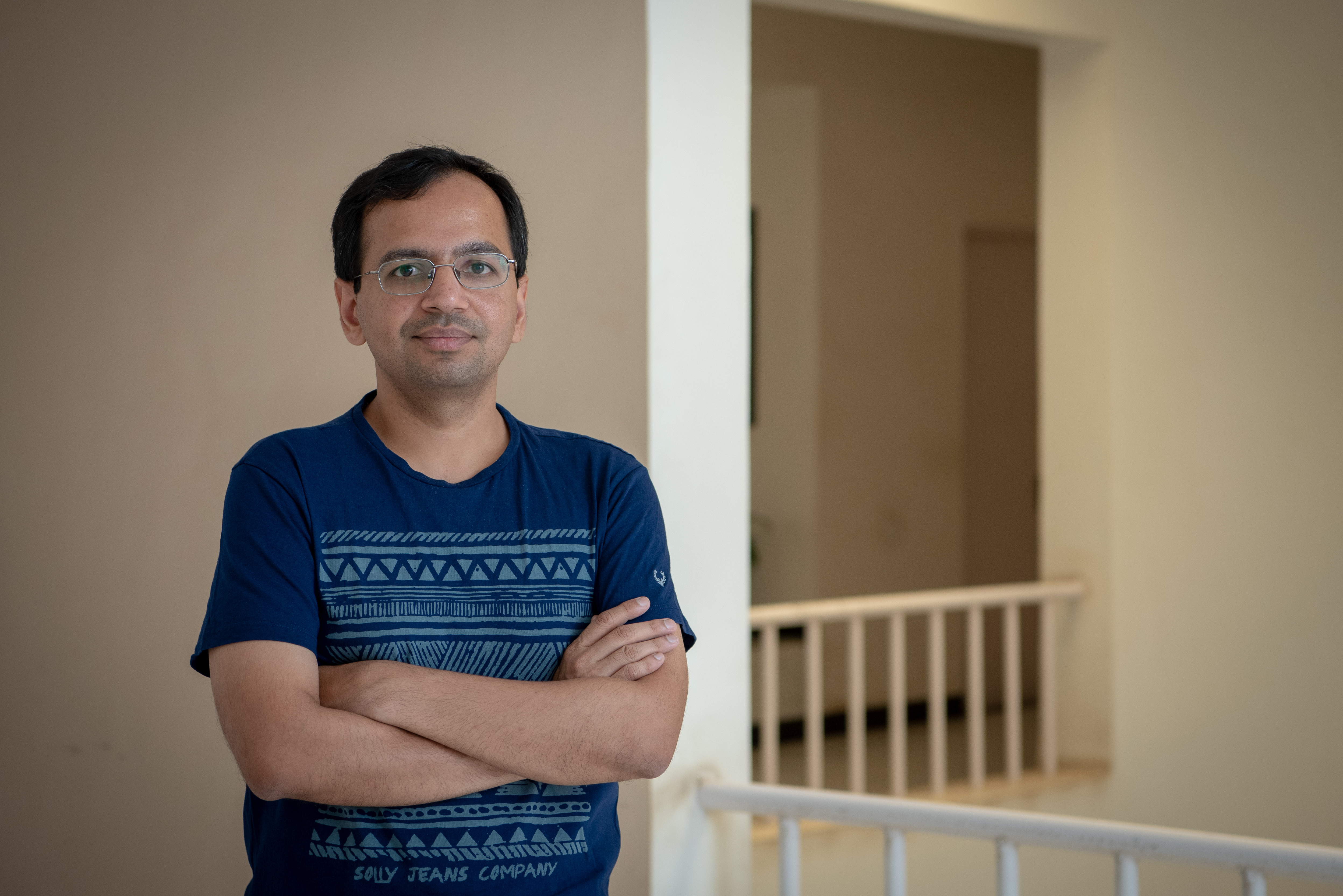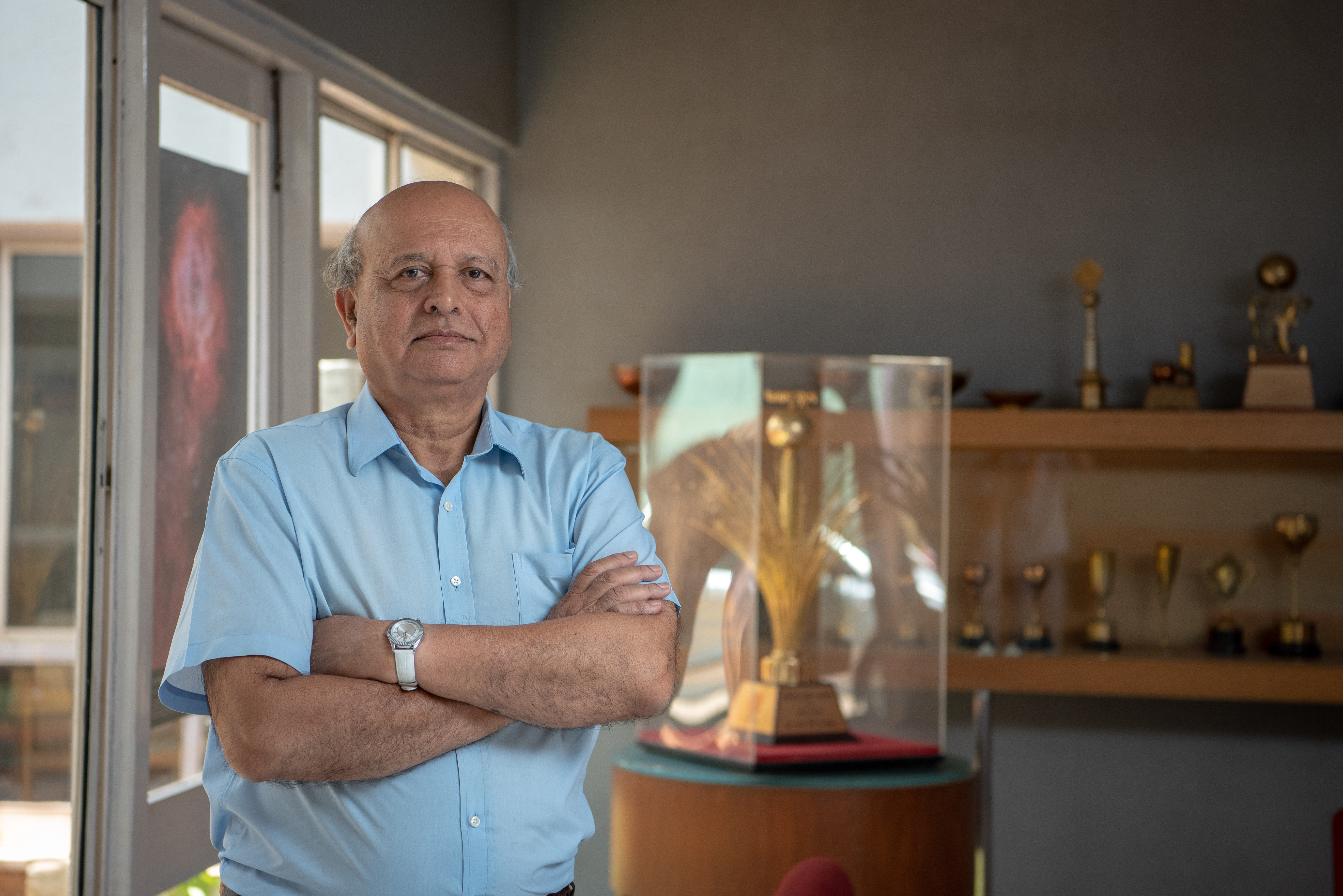English

Ajit Kembhavi
Contact: +91 020 2560 4299
E-mail: akk [at] iucaa [dot] in
Homepage: -
Publications: Link
Prof. Kembhavi's interests are in normal and active galaxies, quasars, pulsars and so on. He is presently working on the morphology of galaxies using ground-based and space data at optical and near-infrared wavelengths, with special attention to lenticulars and luminous compact galaxies. Prof. Kembhavi also works on warm absorbers in active galaxies. He is the PI of the Virtual Observatory - India project, through which he and his collaborators develop applications for virtual observatories.

Neeraj Gupta's research focuses on interstellar medium of galaxies. He is involved in various observational projects with current and upcoming radio telescopes to trace the evolution of cold atomic and molecular gas content of galaxies using absorption lines. He is co-PI of the MeerKAT Absorption Line Survey (MALS), and is interested in observational techniques relevant to large blind searches of absorption lines at radio wavelengths.
Research Description Video:

Ranjan Gupta
Prof. Gupta's research interests cover three areas: 1) artificial neural networks (ANNs), 2) interstellar dust and 3) astronomical instrumentation. Prof. Gupta has used ANNs to classify stellar spectra and to extract fundamental stellar atmospheric parameters. He has also modelled interstellar and cometary dust by using porous non-spherical composite grains, and has developed astronomical instruments such as photometers, spectrometers and polarimeters in the optical and near-infrared regions.

Prof. Dhurandhar's reseach is on gravitational wave data analysis and computer modelling of gravitational wave detectors. He has worked on efficient search algorithms for ground-based detectors for inspiraling compact binaries. Recently, he used commutative algebraic methods for canceling laser frequency noise in LISA. Prof Dhurandhar has collaborations with major detector groups world-wide and has been a member of the LIGO Science Collaboration since 2000.
Page 6 of 24




